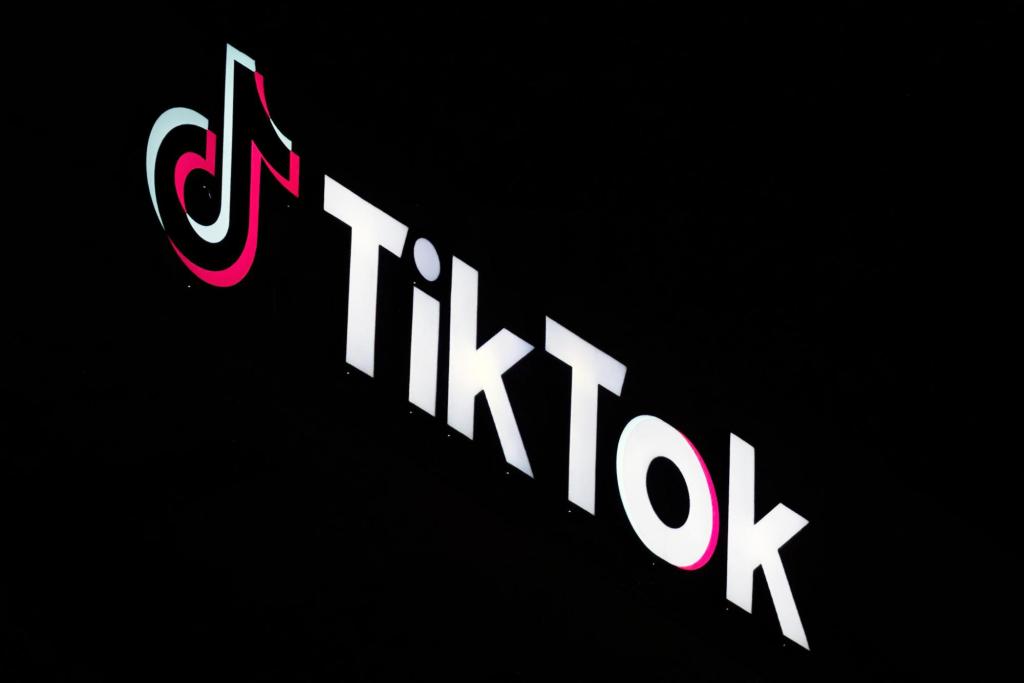
By KELVIN CHAN
LONDON (AP) — European Union regulators accused TikTok on Thursday of breaching digital content rules because it’s not being transparent enough about ads shown to users of the video sharing app.
TikTok’s ad repository isn’t up to the standards required by the bloc’s Digital Services Act, known as the DSA, the 27-nation EU’s executive Commission said in preliminary findings from its investigation.
The Commission said ad databases are vital for researchers to detect scam ads as well as so-called hybrid threat campaigns, coordinated information operations and fake ads, “including in the context of elections.”
The DSA is a wide-ranging rulebook that aims to clean up social media platforms and protect users from risks including election-related disinformation. Platforms have to be transparent about digital ads, including informing users why they’re being shown a specific advertisement and who paid for it.
The Commission said TikTok doesn’t provide necessary information about the content of ads, the users targeted, and who pays for them. The database doesn’t allow for a comprehensive search for ads based on this information, “thereby limiting the usefulness of the tool,” it said.
TikTok said it’s reviewing the Commission’s findings and remains committed to meeting its DSA obligations.
“While we support the goals of the regulation and continue to improve our ad transparency tools, we disagree with some of the Commission’s interpretations and note that guidance is being delivered via preliminary findings rather than clear, public guidelines,” the company said in a statement.
The ad database’s shortcomings prevent a “full inspection” of the risks posed by its ad targeting systems, said Henna Virkkunen, the commission’s executive vice-president for tech sovereignty, security and democracy.
“Transparency in online advertising — who pays and how audiences are targeted — is essential to safeguarding the public interest,” Virkkunen said. “Whether we are defending the integrity of our democratic elections, protecting public health, or protecting consumers from scam ads, citizens have a right to know who is behind the messages they see.”
TikTok now has a chance to reply before the Commission issues its final decision, which could result in a fine of up to 6% of the company’s annual global revenue.
TikTok is being scrutinized in a separate EU investigation into whether it failed to deal with risks to Romania’s presidential election, which was thrown into turmoil last year over allegations of electoral violations and Russian meddling.
Originally Published:



